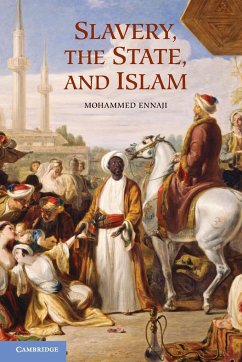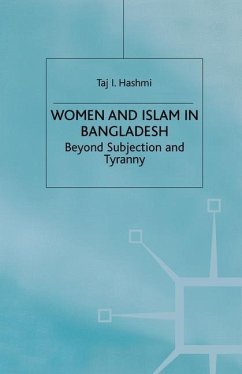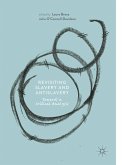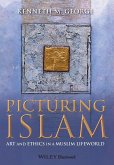Slavery, the State, and Islam looks at slavery as the foundation of power and the state in the Muslim world. Closely examining major theological and literary Islamic texts, it challenges traditional approaches to the subject. Servitude was a foundation for the construction of the new state on the Arabian peninsula. It constituted the essence of a relationship of authority as found in the Koran. The dominant stereotypes and traditions of equality as promoted by Islam, of its leniency toward slaves, is questioned. This original, pioneering book overturns the mythical view of caliphal power in Islam. It examines authority as it functions in the Arab world today and helps to explain the difficulty of attempting to instil freedom and democracy there. Slavery, the State, and Islam looks at slavery as the foundation of power and the state in the Muslim world. Closely examining major theological and literary Islamic texts, it challenges traditional approaches to the subject.
Hinweis: Dieser Artikel kann nur an eine deutsche Lieferadresse ausgeliefert werden.
Hinweis: Dieser Artikel kann nur an eine deutsche Lieferadresse ausgeliefert werden.
'Slavery, the State, and Islam is an important study of the history of slavery in Islam. Its highlight is the laborious linguistic work of excavating the Arabic lexicon of slavery and servitude. Readers will also have an opportunity to discover how several aspects of contemporary human relations of proximity (e.g., marriage and greetings) are deeply rooted in the culture of servitude.' Mourad Laabdi, American Journal of Islamic Social Sciences








